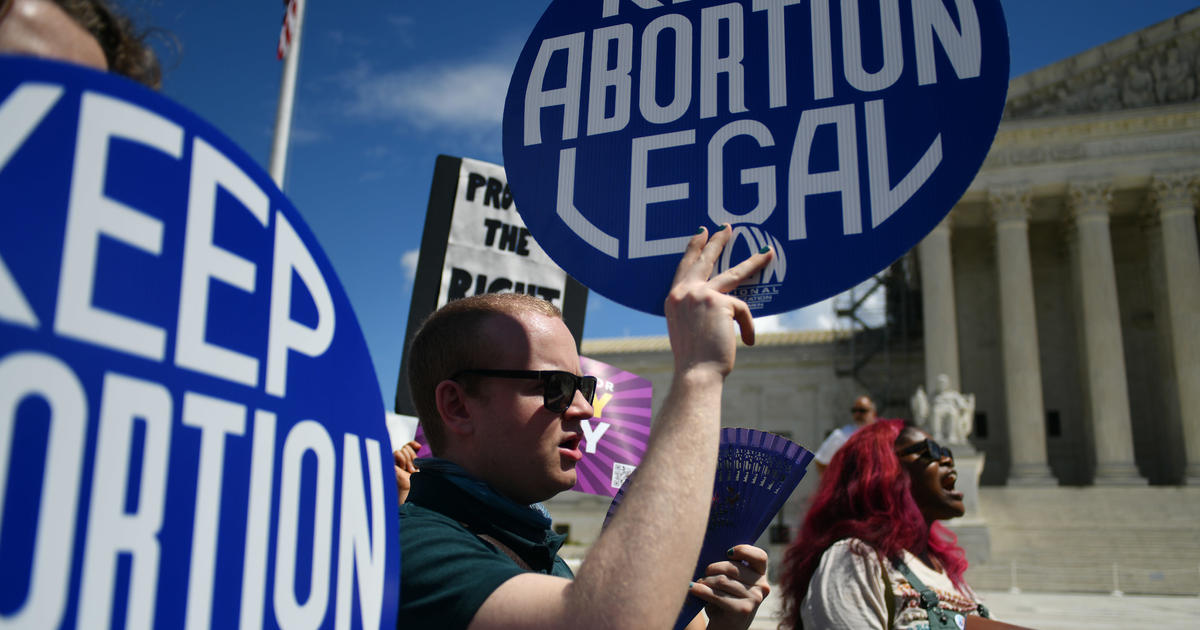Key takeaways:
- Clinics are shuttering in states where abortion is outlawed
- Longer wait times at facilities in states where it remains legal
- Women unable to terminate pregnancies prematurely despite growing health risks
One year after the Supreme Court’s landmark ruling overturning Roe v. Wade, the consequences of ending the constitutional right to abortion are becoming clear. Abortion-rights supporters had warned of the potential consequences, including clinics shuttering in states where abortion is outlawed, longer wait times at facilities in states where it remains legal, and women unable to terminate pregnancies prematurely despite growing health risks.
The Supreme Court’s divided decision in Dobbs v. Jackson Women’s Health Organization on June 24, 2022, has had a devastating impact on abortion rights in the U.S. Over a dozen states have now banned abortion, and access to the procedure is effectively inaccessible in many regions of the country.
Jade Hurley, who works at an abortion fund, has seen a dramatic shift in the response she gets when she tells people about her job. Previously, she would get a confused response, but now most people reply with, “Oh, fuck yeah.”
The repeal of Roe v. Wade has had a profound effect on the landscape of abortion access in the U.S., and it is clear that the consequences of the Supreme Court’s decision will be felt for years to come. Abortion-rights supporters are continuing to fight for access to the procedure, and the struggle for reproductive justice is far from over.



Be First to Comment